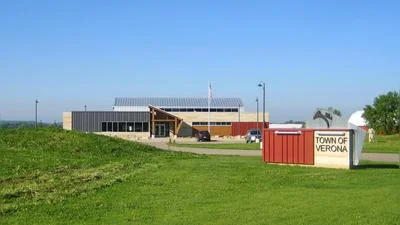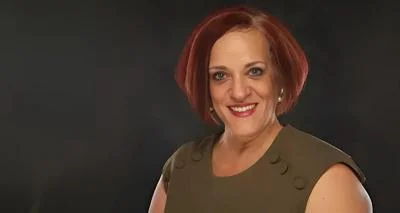Mike Bare, Wisconsin State Representative for 80th District | Facebook
Mike Bare, Wisconsin State Representative for 80th District | Facebook
According to the Wisconsin State Legislature's official website, the bill was described as follows: "expanding the homestead income tax credit. (FE)".
The following is our breakdown, based on the actual bill text, and may include interpretation to clarify its provisions.
In essence, this bill aims to expand the homestead income tax credit available to Wisconsin homeowners and renters by amending existing statutes. Beginning with 2025 tax year claims, it reduces the percentage used to calculate reductions in property tax credit for household incomes exceeding $8,060 from 8.785% to 5.614%. Additionally, it raises the maximum household income eligible for the credit from $24,680 to $35,000 and indexes the threshold amounts of $8,060, $35,000, and $1,460 for inflation in future years. Other changes include repealing certain statutory sections and adjusting provisions for disabled claimants while maintaining existing conditions for some claims related to earned income. These adjustments seek to make the credit more accessible to more residents by increasing eligibility thresholds and aligning with inflation.
The bill was co-authored by Senator Mark Spreitzer (Democrat-15th District), Representative Clinton M. Anderson (Democrat-45th District), Representative Deb Andraca (Democrat-23rd District), Representative Margaret Arney (Democrat-18th District), Representative Jill Billings (Democrat-95th District). It was co-sponsored by Senator Tim Carpenter (Democrat-3rd District), Senator Kristin Dassler-Alfheim (Democrat-18th District), and Senator Dora E. Drake (Democrat-4th District), along 49 other co-sponsors.
Mike Bare has co-authored another 10 bills since the beginning of the 2025 session, with none of them being enacted.
Bare graduated from American University in 2005 with a BA.
Bare, a Democrat, was elected to the Wisconsin State Assembly in 2023 to represent the state's 80th Assembly district, replacing previous state representative Sondy Pope.
In Wisconsin, the legislative process starts when a senator, constituent, group, or agency proposes an idea for a bill. After drafting, the bill is introduced, numbered, and referred to a committee for review and public input. If approved, it moves through three readings and votes in both the Senate and Assembly. Once both chambers pass the same version, the bill goes to the governor, who can sign it, veto it, or let it become law without a signature. Only a small share of bills introduced each session ultimately become law. You can learn more about the Wisconsin legislative process here.
| Bill Number | Date Introduced | Short Description |
|---|---|---|
| AB52 | 02/20/2025 | Expanding the homestead income tax credit. (FE) |






 Alerts Sign-up
Alerts Sign-up